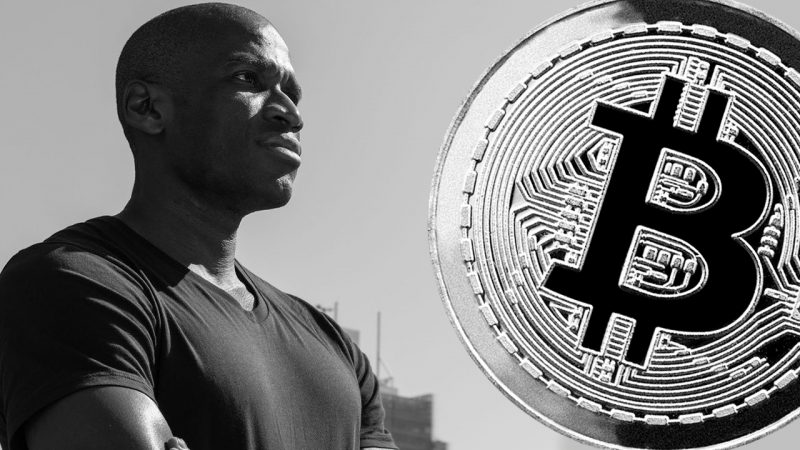In a recent Medium blog, Arthur Hayes, the founder of BitMEX, has shared his thoughts on why sovereign countries should include Bitcoin (BTC) in their reserves.
According to Hayes, the HODL culture arose from Bitcoin’s remarkable rise from nothing to a $1 trillion dollar value in less than a decade. At any price, Hayes says, HODLers will not sell their Bitcoin. And these people, including Hayes himself, spend fiat money and save Bitcoin. Year after year, fiat currency depreciates in real terms, yet Bitcoin is the best performing asset ever produced.
However, unlike gold, BTC must be used in order to be valuable. Miners expend energy to keep the BTC network running. Miners must be compensated with a socially valuable token to offset their costs. As a result, BTC must travel, while HODL culture prohibits mobility between parties.
Hayes says,
“If no Bitcoin changes hands because we all sit smugly clutching our USB sticks, then there will be no hashpower supporting the network. No network … no value.”
Why should countries invest in Bitcoin, gold, and hard commodities?
Hayes says, if surplus countries, the majority of which are outside the core Western axis, make the choice to save in gold, hard commodities, and BTC, they will no longer be interested in buying Western debt assets, such as US Treasuries or Euro member country bonds.
The downside of this is that the US will face very uncomfortable inflation, and Europe will see the destruction of its monetary union.
However, Hayes states,
“No government EVER voluntarily goes bankrupt. The prescription is always money printing and inflation.”
By the end of the decade, Hayes believes the Doom Loop will usher in $1 million Bitcoin and $10,000 to $20,000 gold. He says we need to persuade self-interested flags to save a portion of their current account surplus in Bitcoin so that Bitcoin farm-to-table economies can spring up all over the world. BTC, unlike gold, must move if the network is not to collapse.





